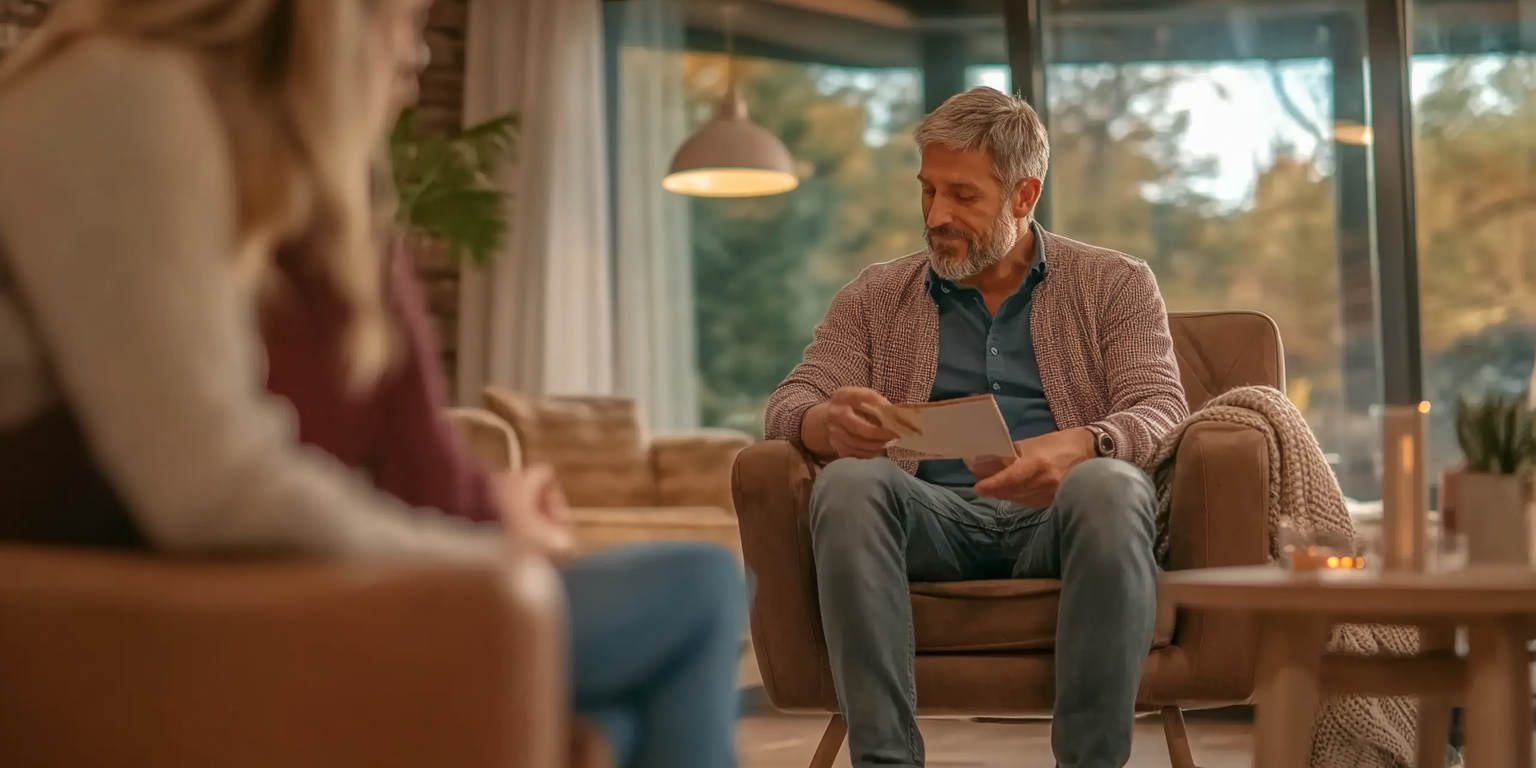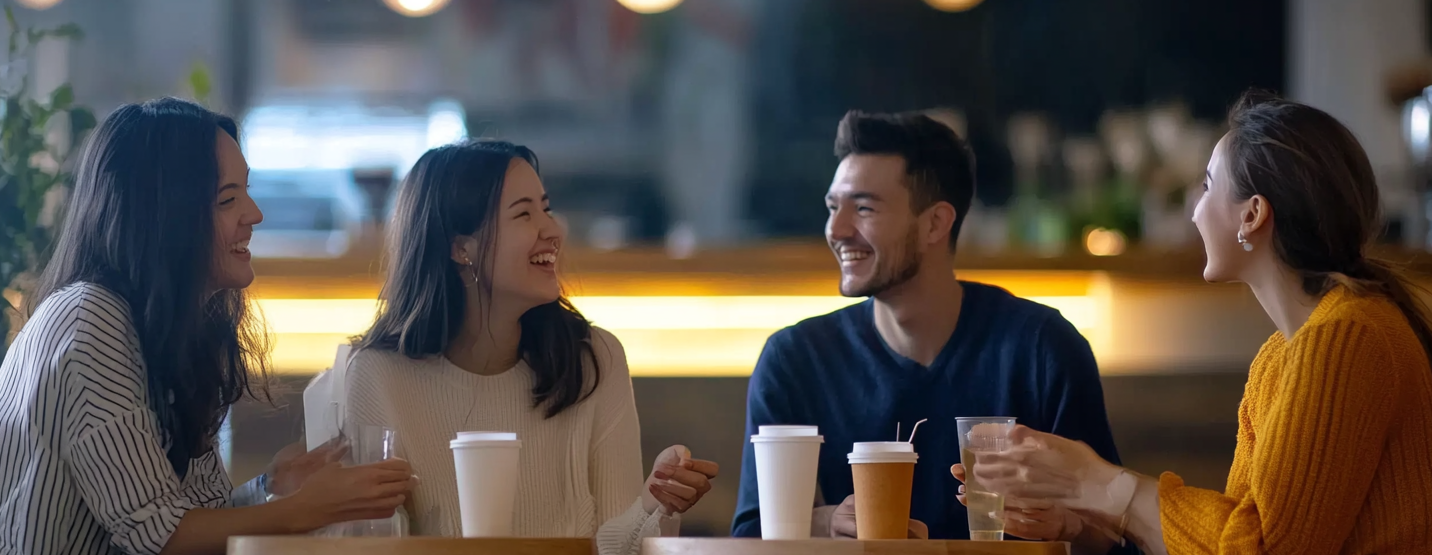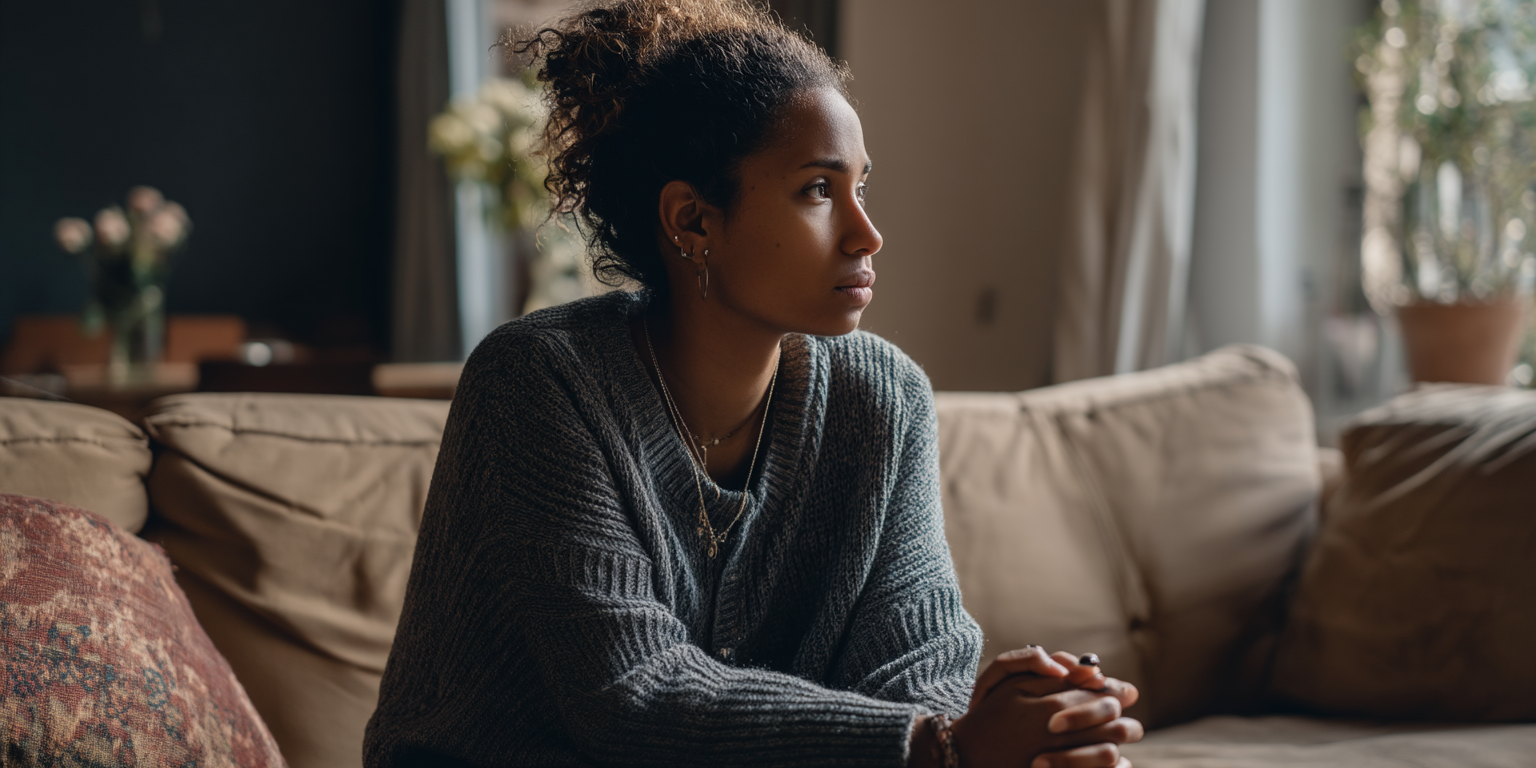3 Min Read
Why Vaccine Roll-Out Is Causing Mixed Feelings
Last month, New York TV news co-host Jamie Shelter posted a photo of herself on social media after getting her first COVID-19 shot. While many replies were positive, others commented that she didn’t look old enough or that she must “have connections.”
The ongoing COVID-19 vaccine rollout in the United States is creating a sense of optimism that the coronavirus pandemic, which has upended daily life within the last year, will finally come to an end. However, as vaccine distribution widens across North America, varying eligibility rules and unequal access to doses are breeding dread, guilt, and judgment among those who’ve been vaccinated and the millions waiting in anticipation for their turn.
In addition to the sense that some people may be gaming the system, difficulty scheduling appointment times, especially among those who aren’t as tech-savvy, has led to frustration, sadness, and mixed emotions—even as more groups become eligible. Here’s why the vaccine rollout is causing mixed feelings in the United States.

Doubts about eligibility feed into stereotypes.
According to bioethicist Nancy Berlinger, the envy and moral judgment about whether others deserve to be prioritized are understandable. They could reflect anxieties about getting vaccines for ourselves and our loved ones. According to Forbes, availability bias and confirmation bias can further fuel misconceptions about the vaccine.
Stereotypes and misconceptions about what illness looks like also create a sense of dread and grief among people who have already been vaccinated, feeding into doubts about people’s eligibility. In many cases, the reason behind someone’s eligibility isn’t always apparent. In other instances, judgments could reflect entrenched moral biases and stereotypes about smoking and obesity compared to conditions traditionally deemed more “virtuous,” such as cancer.
Although a nationwide vaccination campaign is bound to have imperfections, the ultimate goal is to prioritize people based on the medical evidence of who’s most at risk of serious complications.

Find a Therapist to Navigate Vaccination Hesitency
Get personalized matchesStigma discourages people from getting vaccinated.
Blaming and shaming certain groups of people poses a threat to everyone, from your community to yourself. At its core, stigma contributes to fear and anger, making people more likely to forego their opportunity to receive a vaccine. As a result, stigma can make it more difficult to control the spread of the coronavirus, according to the United States Centers for Disease Control and Prevention (CDC).
Questions about who might be “gaming” the system and stereotypes of who looks “sick” enough to get a vaccine and who doesn’t, that discourages people from getting vaccinated. People who are worried about being shunned may be less likely to get vaccinated or seek medical care for COVID-19 symptoms, which increases the risk of infection for themselves and others.
Stigma can make people feel isolated, depressed, and even abandoned. They might feel hurt, angry, or frustrated when friends and others in their community guilt them for getting vaccinated. Besides, stigma harms people’s mental health and well-being—and history has shown that stigmatized groups are often deprived of the resources and stability they need to care for themselves and their families during the pandemic.
Should you get vaccinated?
For many people, the decision to get the vaccine after becoming eligible isn’t easy. With that said, refraining from getting vaccinated only prolongs your vulnerability to contracting coronavirus and increases your risk of spreading the virus to others. Especially in urban areas, such as Los Angeles and New York, getting vaccinated can help minimize the spread of COVID-19.
To determine whether you’re eligible for the vaccine, visit the New York Times website for the latest news on state-by-state vaccine availability. You can find additional information on your state’s department of health website, as well as on the Washington Post’s COVID vaccine update tracker.
Final Thoughts
If you’re experiencing a sense of dread when it comes to getting vaccinated, you’re not alone. In a way, deciding whether or not to get vaccinated is a painful decision. Whether you’re facing stigma for the first time or struggling with dread over getting vaccinated, don’t hesitate to reach out for professional help. At WithTherapy, we know that making the “right decision” can feel impossible.
Now more than ever, finding the support you need to face life’s challenges with resourcefulness and resilience is imperative. One of the licensed mental health specialists on the WithTherapy platform will help you regain the strength to navigate your concerns every step of the way with personalized psychotherapy and data-driven treatment.
Find a Therapist to Navigate Vaccination Hesitency




